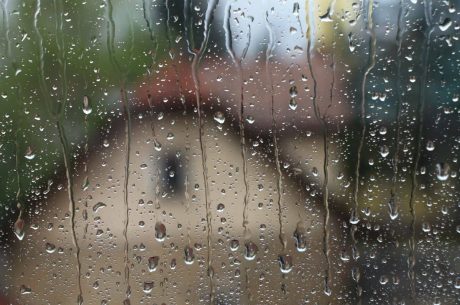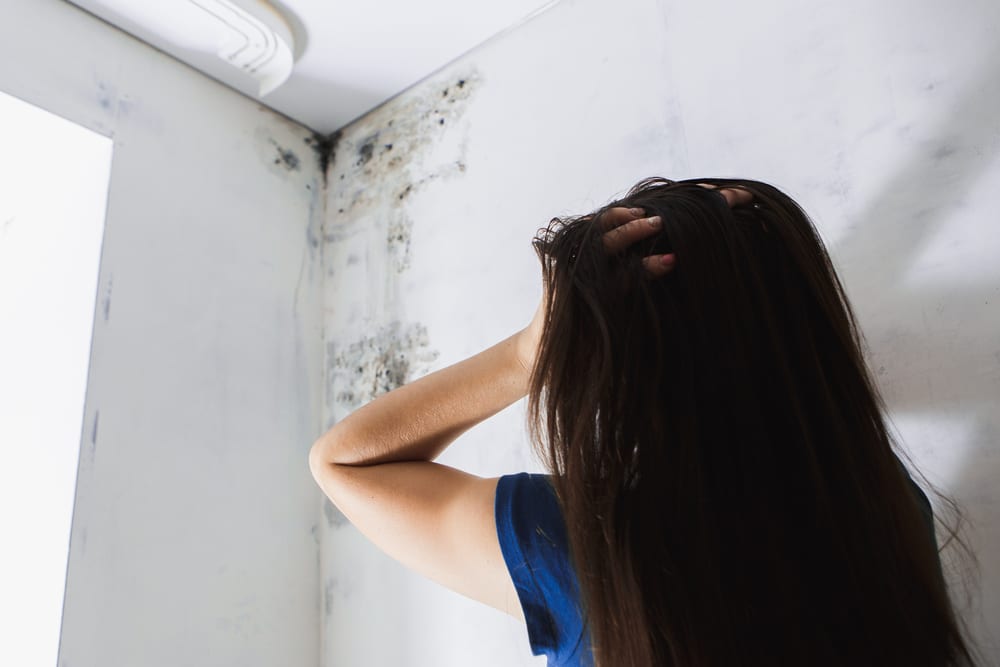Frozen water pipes can result in significant to extreme water damage, and the cost to repair is often huge! The following tips can help you prevent pipes from freezing.
Water bursting through frozen pipes is a common sight in homes during harsh winters. You’d be surprised how many calls we get to restore properties affected by water damage from frozen pipes. Check out how pipes freeze and how to prevent pipes from freezing to avoid water damage.
Which water pipes can freeze?
The water lines that freeze include outdoor hose bibs, swimming pool supply lines, and water sprinkler lines. Pipes in unheated interior areas, such as basements, crawl spaces, attics, garages, and kitchen cabinets, and those that run against exterior walls with little or no insulation, are also susceptible to freezing.
What contributes to frozen pipes?
• The building construction — Buildings that have a poor design and do not withstand severe weather sufficiently can contribute to their own damage. The type and age of the plumbing system is also a factor. Rust or corrosion weakens pipes, making leaks more likely to occur. When freeze-expansion occurs, corroded pipes will often split open. When thawing begins or when the water is turned back on, damage can occur.
• The quality and quantity of insulation — During the renovation of older homes, blown-in or foam insulation is sometimes added to wall cavities between interior and exterior wall surfaces and between studs. This process may actually insulate heat away from pipes next to the exterior wall surfaces, making them more prone to freezing.
• The decline in temperature — Surprisingly, pipes can also freeze in the warmer climates of southern states. In these areas, buildings may not be adequately constructed for cold weather. Pipes often run through non-insulated or under-insulated attics, crawl spaces, or walls. If the temperature drops below freezing for even a day, these pipes may freeze and break.
• Power outages — Winter wind, snow, and ice storms frequently damage electric power lines and equipment, resulting in interruptions of electric power. Most heating systems depend on electricity, and when the power goes off, so does the heat. In severe cold weather, this can cause extensive freeze damage before power is restored.
Damage
Damage generally occurs when the water supply is turned back on. Since most modern plumbing lines are inside walls, homeowners usually notice a leak only after water has damaged floors, carpet, walls, or ceilings. Occasionally, an occupant hears the sound of spraying water, but by then it may be too late. The leak has already caused some degree of damage. Frozen water pipes can result in significant to extreme water damage, and the cost to repair is often huge! The following tips can help you prevent pipes from freezing.
How to prevent pipes from freezing:
• Drain water from your swimming pool and water sprinkler supply lines. Avoid putting antifreeze in these lines if possible. Keep in mind that antifreeze is environmentally harmful, and is very dangerous to humans, pets, wildlife, and landscaping.
• Drain your plumbing system thoroughly. If water lines sag or bow, there may be low spots that are difficult to drain completely. To be most effective, use compressed air to blow out the lines. If not properly done, some amount of water will remain in the low points of the lines that can freeze.
• Disconnect, drain, and store hoses used outdoors. Close inside valves supplying outdoor hose bibs. Open the outside hose bibs to allow water to drain. Remember to keep the outside valve open so that any water remaining in the pipe can expand without causing the pipe to break.
• Check for water supply lines in unheated areas. Those include the basement, crawl space, attic, garage, and under kitchen and bathroom cabinets. Insulate both hot and cold water pipes in these areas to help prevent freezing. Use specific products for insulating water pipes like a “pipe sleeve” or installing UL-listed heat tape, heat cable, or similar materials on exposed water pipes.
• Allow a faucet in your home to drip slightly. Moving water (even a drip) will help prevent pipes from freezing.
• During cold winter weather, keep garage doors closed if there are water supply lines in the garage.
• Open kitchen and bathroom cabinet doors to allow warmer air to circulate around the plumbing. Be sure to move any harmful cleaners and household chemicals out of the reach of children.
If you plan to be away from home for an extended period during cold weather:
• Set the house temperature no lower than 55° F.
• Shut off the water supply and drain pipes or appliances.
• Leave all taps open once you’ve shut off the main water supply. If the home loses power, the open valves will help prevent pipes from bursting. Also, shutting off the master valve will ensure that even if there is a break, the result will be minor, compared to an open line running wild!
• Even if you do all the above, arrange for a neighbor to walk through your home once each day, just to help monitor against unforeseen events.
• Have emergency numbers handy, such as a plumber, electrician, roofer, and PuroClean in case something goes wrong.
• Have your HVAC system serviced by a professional.
• Before leaving, turn off your water heater.
• Install storm windows and/or close the shutters to keep in the heat.
• Clean the gutters and downspouts to ensure proper water drainage.
• Service your sump pump to ensure proper operation. Adding a backup power source is wise.
• Unplug all nonessential electric appliances.
• Inform local police if you will be out of town.
What to do if a pipe bursts
If a pipe bursts, immediately shut off the water at the main valve. Call PuroClean of Cincinnati and Dayton to evaluate and remediate any water damage that occurred. If you do not have a relationship with a local plumber, we would be happy to help you find one. Our technicians stand ready to provide water damage restoration services to your property 24/7.




 PuroClean Emergency Services
PuroClean Emergency Services